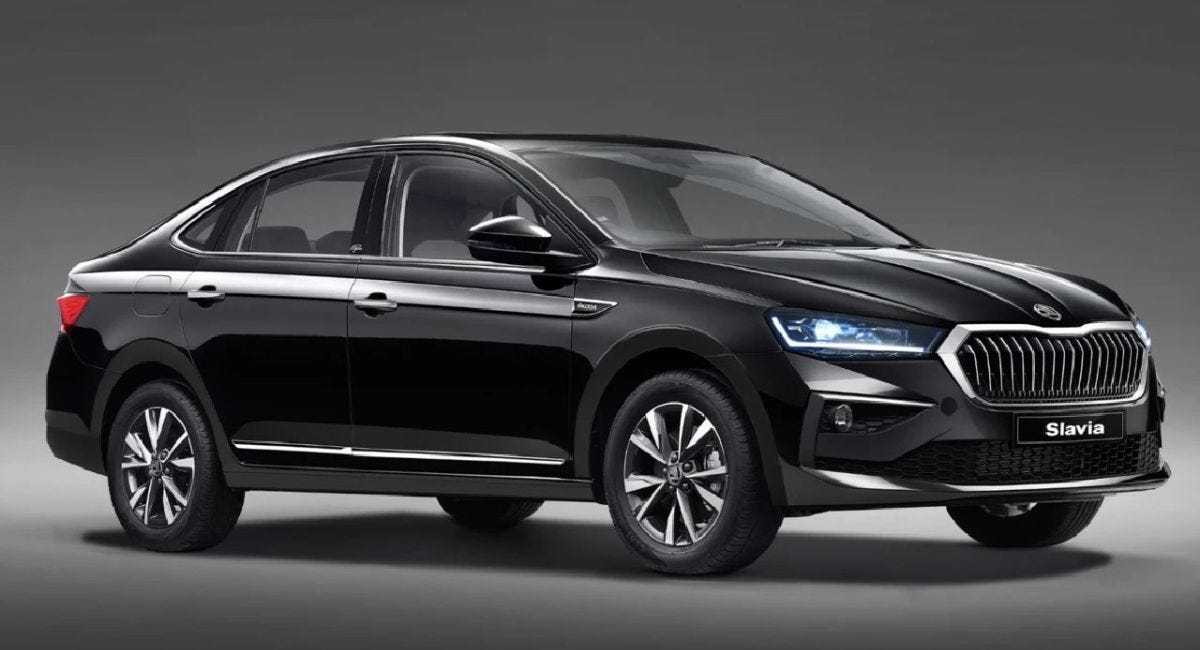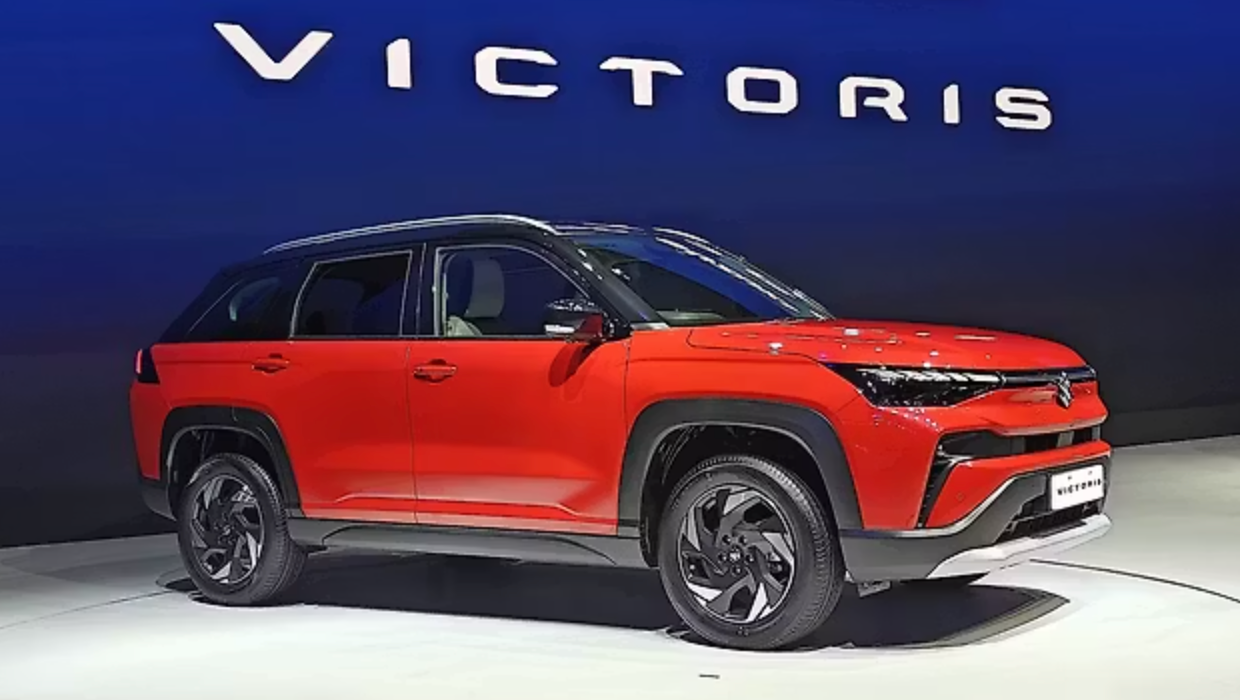The Skoda Slavia, a feature-packed compact sedan, has carved a niche for itself in the Indian car market since its debut in 2022. One of the key decisions for potential buyers involves engine selection. The Slavia offers two turbo-petrol engine options: a 1.0-liter TSI unit and a more powerful 1.5-liter TSI engine. While the 1.5-liter variants command a premium price tag, some mid-spec trims overlap with the top-spec 1.0-liter variant. This can leave buyers wondering – how much extra performance does the 1.5-liter engine offer? Let’s delve deeper into a real-world performance comparison between these two engine options to help you make an informed decision.

Engine Specifications: A Head-to-Head Look
Before diving into performance tests, let’s establish the baseline by comparing the technical specifications of both engines:
| Feature | 1.5-liter Turbo-petrol | 1.0-liter Turbo-petrol |
|---|---|---|
| Power | 150 PS | 115 PS |
| Torque | 250 Nm | 178 Nm |
| Transmission | 7-speed Dual Clutch (DCT) | 6-speed Torque Converter (AT) |
As you can see, the 1.5-liter engine boasts a significant advantage in both power output (35 PS more) and torque (72 Nm higher) compared to its 1.0-liter counterpart. Additionally, the 1.5-liter variant utilizes a more advanced 7-speed dual-clutch automatic transmission (DCT) known for its efficiency and sporty driving experience. The 1.0-liter variant, on the other hand, relies on a conventional 6-speed torque converter automatic transmission.
Putting the Pedal to the Metal: Acceleration Tests
Now, let’s see how these specifications translate into real-world performance. Here’s a breakdown of acceleration test results:
| Test | Skoda Slavia 1.5 DCT | Skoda Slavia 1.0 AT |
|---|---|---|
| 0-100 km/h (0-62 mph) | 9.32 seconds | 11.02 seconds |
| Quarter Mile | 16.93 seconds at 141.73 km/h (88.05 mph) | 17.75 seconds at 128.22 km/h (79.66 mph) |
| Kickdown (20-80 km/h) (12.4-49.7 mph) | 5.33 seconds | 6.66 seconds |
The results are clear: the 1.5-liter Slavia DCT outperforms the 1.0-liter Slavia AT in all acceleration tests. In the crucial 0-100 km/h sprint, the 1.5-liter variant is a full 1.7 seconds faster, translating to a noticeably quicker launch and improved responsiveness during overtaking maneuvers. Similarly, the 1.5-liter Slavia exhibits quicker performance in both the quarter-mile test and the kick-down test (accelerating from 20 km/h to 80 km/h), showcasing its advantage in terms of power delivery.
Stopping Power: Braking Performance
While acceleration is crucial, braking performance is equally important. Here’s a comparison of braking distances for both variants:
| Test | Skoda Slavia 1.5 DCT | Skoda Slavia 1.0 AT |
|---|---|---|
| 100-0 km/h (62-0 mph) | 40.05 meters (131.4 ft) | 39.40 meters (129.3 ft) |
| 80-0 km/h (49.7-0 mph) | 24.79 meters (81.4 ft) | 24.49 meters (79.7 ft) |
Interestingly, the results show that the 1.0-liter Slavia exhibits slightly better braking performance. While the difference is minimal (less than a meter when braking from 100 km/h and only 0.30 meters when braking from 80 km/h), it’s worth noting.
Frequently Asked Questions
Q: Is the 1.0-liter Skoda Slavia powerful enough for highway driving?
A: The 1.0-liter Slavia offers adequate power for highway cruising. However, if you frequently encounter situations requiring quick acceleration or overtaking maneuvers on the highway, the 1.5-liter variant would be a better choice.
Q: Which Skoda Slavia engine is more fuel-efficient?
A: While official figures for the US market might not be available, both engines are likely to be fuel-efficient due to being turbocharged. Real-world fuel efficiency can vary depending on driving style and conditions. Test-driving both variants would be the best way to gauge fuel efficiency in your specific situation.
Q: Does the Skoda Slavia offer any advanced driver assistance features?
A: Yes, the Skoda Slavia offers a range of advanced driver assistance features, depending on the variant. These might include features like electronic stability control (ESC), traction control, hill hold control, parking sensors, and a rearview camera. Higher-end variants may offer additional features like blind-spot monitoring and lane departure warning.




